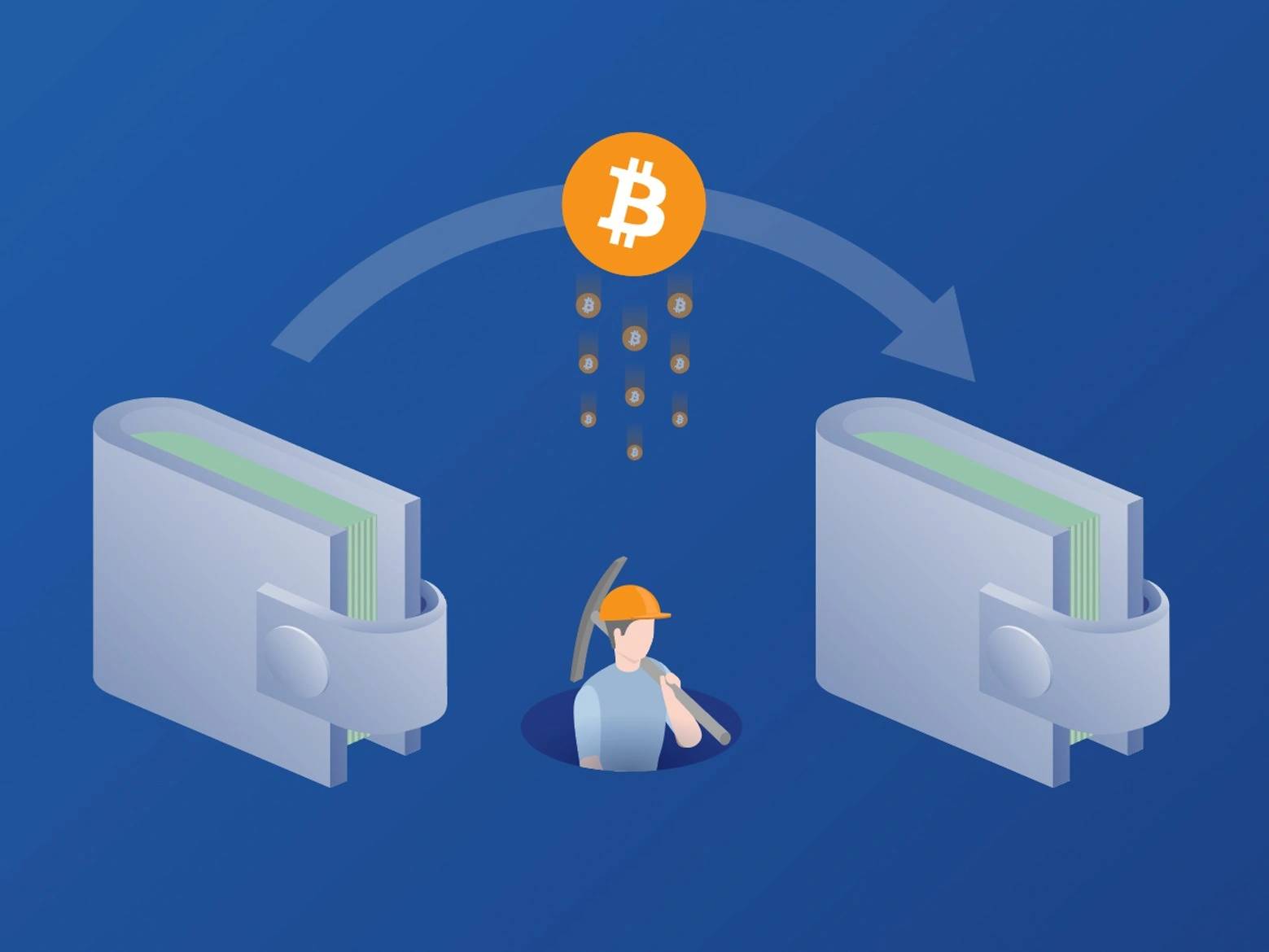Subscribe to wiki
Share wiki
Bookmark
Transaction Fee
The Agent Tokenization Platform (ATP):Build autonomous agents with the Agent Development Kit (ADK)
0%
Transaction Fee
Transaction fee is the amount of a specific cryptocurrency that users pay to facilitate and prioritize their transactions on a blockchain network. Unlike trading fees charged by cryptocurrency exchanges, transaction fees are usually paid to network miners (in proof-of-work systems like Bitcoin) or validators (in proof-of-stake systems like post-Merge Ethereum) as a reward for validating and adding transactions to a new block.[1]
Overview
Transaction fees are paid to the network’s validators, who may be known as miners in Proof-of-Work systems or simply as validators in other types of consensus mechanisms, such as Proof-of-Stake.[1] These fees serve as a reward for verifying and processing transactions. Miners or validators are responsible for adding transactions to the blockchain, and they are typically compensated with both transaction fees and, in some cases, newly minted cryptocurrency. Transaction fees play a crucial role in ensuring the security, efficiency, and proper functioning of blockchain networks. The amount of the transaction fee can vary based on the specific cryptocurrency, current network congestion, and the size and priority of the transaction. Generally, larger transactions and those submitted during times of high network congestion are likely to incur higher transaction fees.[6]
Transaction fees vary across blockchains. Bitcoin's fees are based on network congestion, while Ethereum's complex transactions like NFT minting require higher fees due to computational intensity. Bitcoin and Ethereum follow an auction-style fee model where the highest bidders secure space for their transaction in the next block.[2]
Transaction fees should not be mistaken for trading fees. Trading fees specifically refer to the costs associated with buying and selling financial assets on a trading platform, while transaction fees encompass a broader range of fees associated with various financial transactions and services. The parties that receive trading fees and transaction fees depend on the specific financial transaction and the services involved. Trading fees typically go to brokers, market makers, or exchanges, while transaction fees are collected by the financial institutions or network validators responsible for processing the transaction.
Types
Blockchain Transaction/Network Fees
Blockchain transaction fees are charged to users when they conduct transactions on a blockchain network. These fees serve to compensate miners or validators for verifying and adding transactions to the blockchain. In many blockchain networks, the fee rates are determined through a free-market mechanism, where miners set their fee requirements and transaction senders can choose to accept or reject them.[3][6]
Exchange Fees
Exchange fees are incurred by users when they trade on cryptocurrency exchanges. These fees are charged by exchanges to facilitate trading and generate revenue. Exchanges facilitate the market and are the main point of entry for investing in cryptocurrencies.[4][6]
Wallet Fees
Wallet fees support the maintenance and development of the wallet's infrastructure, as wallets are essential tools for securely storing and managing cryptocurrencies.[6] Wallet fees can be charged for holding cryptocurrencies in a specific wallet. While some wallets offer lower fees, others provide enhanced security and privacy features, which can impact users' wallet choices.[5][7]
Factors Influencing Transaction Fees
- Network Congestion: High demand on the blockchain network can lead to congestion, causing delays in transaction processing. During congested periods, users may need to pay higher fees to prioritize their transactions.
- Transaction Priority: Users can choose between regular or expedited transactions. Opting for faster confirmations often requires paying higher fees to incentivize miners to include the transaction in the next block.
- Transaction Size: Larger transactions, in terms of data size, consume more block space and computational resources. Consequently, they typically incur higher fees.
- Blockchain Protocol: Different blockchain protocols have varying fee structures. For instance, Bitcoin's fees are determined by the data size of a transaction, while Ethereum's fees are influenced by the complexity of the smart contracts involved.
- Gas Price: In Ethereum and other smart contract platforms, users set a gas price to determine the transaction fee. A higher gas price increases the chances of the transaction being processed quickly.
- Block Space Availability: Each block has a limited amount of space available for transactions. Users competing for this limited space may need to bid higher fees to ensure their transactions are included.
- Market Demand: The demand for transactions can fluctuate based on market activity, events, new token launch, ICOs, or popular trading activities, the blockchain network can become congested, and increased demand may lead to higher fees.
- Miner Behavior: Miners choose which transactions to include in blocks. They may prioritize transactions with higher fees, as they stand to earn more rewards.
- External Factors: Global events, regulatory changes, and technological upgrades can impact network activity and, consequently, transaction fees.
- Fee Model: Some blockchains use an auction-style fee model, where users bid for transaction inclusion. Others, like Solana, employ deterministic transaction fees, set by the network. Prior to submitting a transaction to the network, a client can assess the anticipated transaction fee by making an RPC request called "getFeeForMessage." This fee calculation takes into account several factors, primarily the number of signatures within the transaction. Transactions with more signatures will incur higher fees. A transaction can include an additional fee, which influences its relative priority compared to other transactions. This prioritization fee is computed by multiplying the number of compute units with the compute unit price, denominated in micro-lamports, as set by the transaction through the compute budget instruction. [8]
See something wrong?
The Agent Tokenization Platform (ATP):Build autonomous agents with the Agent Development Kit (ADK)
